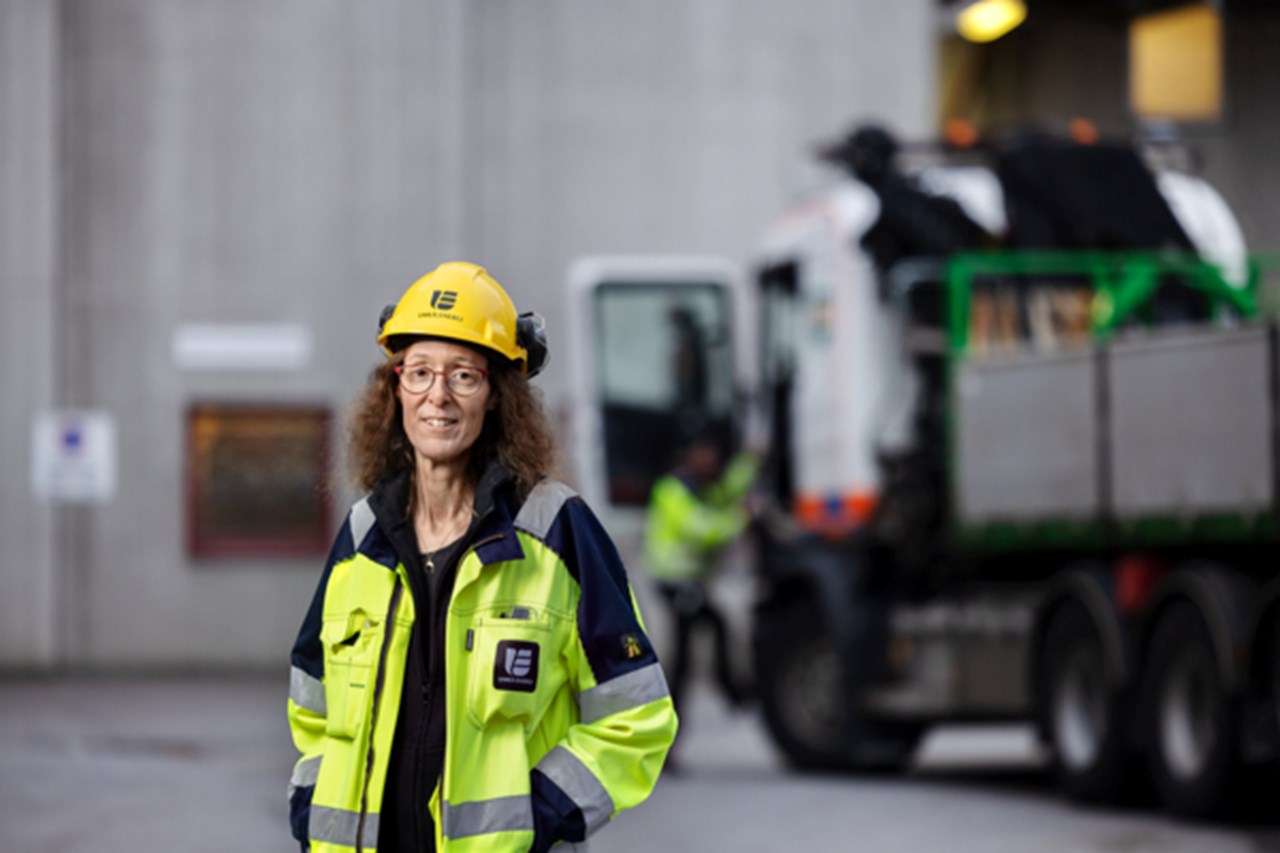About the Industrial Doctoral School
The Industrial Doctoral School is an inter-faculty research school that is based on collaboration between Umeå University and an organisation or a company. IDS aims to promote collaboration in order to strengthen research and development, increase the doctoral students’ employability, independence and innovative capacity, and increase knowledge and innovation in society.


